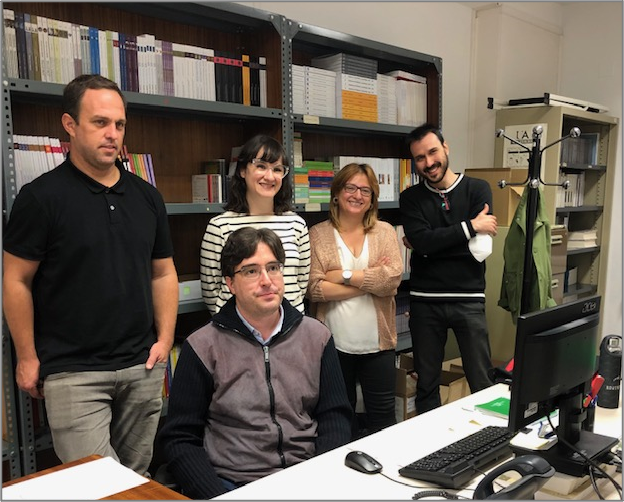Rewards and recognition for scholars who contribute to open science up and who commit to make their research usable and transparent are more than fair and will undoubtedly contribute to expand the number of researchers willing to change our current scientific model.
Institutional programs, funding exigences, and European multidisciplinary repositories like the newborn Open Research Europe will also contribute to improve the ways in which science is shared and communicated. But it is also true that those who started talking of making science open did so because they believed in the social nature of science, in its overall benefits for society. They identified with those principles, and they were conscious of the civic impact of their research. Open science is a grassroots movement and scientists —as members of a wider civic community— have an incredible potential as agents of change.
The UAM strategy for digitalization and open publication aims to make sure that scientists are placed in the center of the open science stage. We plan to develop a systematic approach to the needs of our authors, editors, reviewers, and scientific committees. We will interview them and help them voice publicly their hopes and fears about open science. Our educational programs and workshops will contribute to join active sponsors of open publishing and open research together with those who are less informed or more reluctant about the new panorama. We will listen to our researcher’s preferences, academic strategies, intellectual demands, and political viewpoints towards open science programs. We need that open science is tailor-made to smoothen the adoption of the digital tools already available and to involve committed researchers.










